Liam McDonnell does not attempt to romanticise his first attempt at cider making in his garden shed back in 2014.
“I didn’t have a clue!” he laughs. “You couldn’t drink it at all.”
Fast-forward to 2023, however, and this season Liam is set to produce 120,000 litres of what is now his award-winning Legacy Irish craft cider; all while continuing his family’s proud tradition in the apple industry.
Speaking to Irish Country Living from Legacy HQ at Dungarvan Business Park – once the site of the town’s apple co-op – Liam explains that this story starts with his grandfather, Willsie McDonnell, who is still referred to in family lore as “the Boss”.
“Not like Bruce Springsteen,” he clarifies jokingly, before explaining how Willsie’s entrepreneurial drive led him to plant his own orchards along the River Bride in west Waterford, and set up Bride Valley Fruit Farm.
Proof that the apple doesn’t fall far from the tree, his son Pat – Liam’s father – went on to study ag science, specialising in horticulture, before winning a scholarship to Cornell University in New York, where he earned his doctorate in pomology (fruit growing).
On his return to Ireland, Pat worked as an adviser to other farmers in the apple industry, before he set up his own nursery growing ornamental and fruit trees. That led him to develop his own miniature apple tree for the market: the coronet.
“He could see that the gardens were getting smaller and the trees were too big,” explains Liam, who joined his father in the business in 2000 to drive sales of the coronet across Ireland, the UK and Europe, having previously worked with Cadburys.
Planting the seed
After 10 years in that job, Liam left to join some former colleagues to work in sales and marketing for drinks giant Molson Coors; but soon realised that like his father and grandfather, he had his own entrepreneurial itch to scratch.
Which led him to craft cider.
“I was now in my 40s and I just said, ‘I definitely want to start my own business,’” he explains.
“And it just made sense because I knew apples inside out, I was in the drinks industry, and I thought there was an opportunity.”
Following his initial garden-shed disaster, Liam managed to get a place on a week-long cider making course in the UK in 2015 with international cider expert, Peter Mitchell.
This gave him the nudge to apply for his first bank loan to purchase – among other things – a 40ft refrigerated container and 6,000 litres of apple juice from Tipperary grower Con Traas, with the first batch of Legacy cider bottled in April 2016.
“It was about 40 grand to get us to that level,” recalls Liam, who was also able to avail of LEADER and local enterprise supports as he found his feet; though growth came with further investment and calculated risk.
“There was a lot of money, a lot of loans taken out; and it was quite a lot of financial pressure on the business.”
Irish apples
From early on, Liam was committed to using Irish-grown apples. Today, most come from the Carrick-on-Suir region, having teamed up with Tipperary grower James O’Donoghue, who previously had his own brand (Longways, now acquired by Legacy) and who now works with Liam as his production manager.
Liam explains that James primarily grows two cider apples – the Michelin and the dabinett – which add the all-important tannins to the cider.
(“A tannic cider is like a tannic red wine; a good rich Malbec or something,” he explains.)
They also use Irish-grown cooking apples – primarily Bramleys – for acidity and structure and finally, Irish-grown eating apples for the fruity flavours.
These apples are harvested from the start of September through to mid-November, and then milled and pressed to release their juice. This is then fermented and left to settle and mature, generally for six to nine months, with last season’s harvest currently being bottled for this summer.
Irish apples
Liam believes buying Irish apples is the only way to produce an authentic Irish craft cider, while supporting Irish growers and maintaining lower food miles. “You can’t make an Irish cider from English apples,” he says, matter-of-fact. “That’s an English cider, made in Ireland.”
There are three main products in the Legacy line – dry, medium and barrel aged – while the Longways range includes a medium dry cider, an elderflower cider and a sweet Katy. At Christmas time, they also produce a mulled cider made with whole spices.
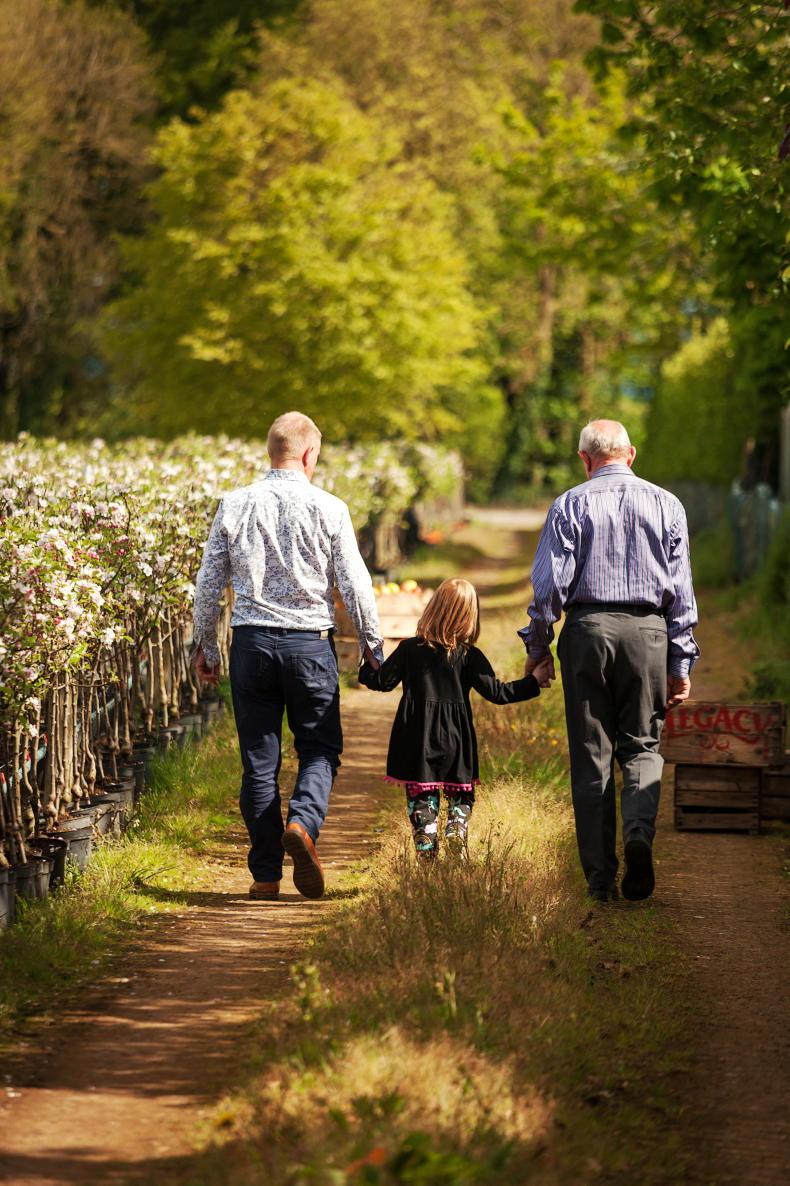
Liam and Pat McDonnell with Liam's daughter, Indie.
Pushed to pick a favourite, Liam opts for the Legacy dry – which he compares to a white wine that pairs well with white meats – followed closely by the Legacy barrel aged for special occasions.
The ciders are now stocked by supermarkets and off-licences across the country; but what is it like for a small craft maker to compete with the big players in the game?
“You’re fighting against the tide,” he acknowledges; though one positive development has been the decision to extend the excise relief of up to 50% enjoyed by micro-beer breweries to the craft cider industry.
We ask if Irish craft cider has had its “moment” yet, in the same way that Irish craft beer or gin has enjoyed in recent years?
“It’s still to find its moment,” Liam reflects. “We’re very much on the coat tails of craft beer, so if there’s an outlet selling craft beer, the consumer who would drink a craft beer would also consider craft cider.
“But for us, it’s quite frustrating, because we consider the liquid that we produce would be far superior to what’s out there [mass produced ciders] now at the moment and people would be coming back saying, ‘Oh my God, I never knew: this isn’t just cider, this is like a wine … but trying to get the message out takes a long time.”
Local customers
Still, just as locally grown apples are essential to the success of the cider, so are the local customers.
“If it wasn’t for Dungarvan, I certainly wouldn’t be here,” says Liam. “You’re a local business and all of the local businesses that sell alcohol, they just get around you and support you.”
And while Liam is determined to continue the family tradition, he is equally carving his own legacy.
“It’s a very tough business trying to survive and you have to really give it everything you have. This is very much a part of my life now,” he surmises.
“It’s part of my family.”
www.legacyirishcider.ie
Read more
Finding her way home at Aughry Yard
Traditional Polish treats; with a Tralee twist
Liam McDonnell does not attempt to romanticise his first attempt at cider making in his garden shed back in 2014.
“I didn’t have a clue!” he laughs. “You couldn’t drink it at all.”
Fast-forward to 2023, however, and this season Liam is set to produce 120,000 litres of what is now his award-winning Legacy Irish craft cider; all while continuing his family’s proud tradition in the apple industry.
Speaking to Irish Country Living from Legacy HQ at Dungarvan Business Park – once the site of the town’s apple co-op – Liam explains that this story starts with his grandfather, Willsie McDonnell, who is still referred to in family lore as “the Boss”.
“Not like Bruce Springsteen,” he clarifies jokingly, before explaining how Willsie’s entrepreneurial drive led him to plant his own orchards along the River Bride in west Waterford, and set up Bride Valley Fruit Farm.
Proof that the apple doesn’t fall far from the tree, his son Pat – Liam’s father – went on to study ag science, specialising in horticulture, before winning a scholarship to Cornell University in New York, where he earned his doctorate in pomology (fruit growing).
On his return to Ireland, Pat worked as an adviser to other farmers in the apple industry, before he set up his own nursery growing ornamental and fruit trees. That led him to develop his own miniature apple tree for the market: the coronet.
“He could see that the gardens were getting smaller and the trees were too big,” explains Liam, who joined his father in the business in 2000 to drive sales of the coronet across Ireland, the UK and Europe, having previously worked with Cadburys.
Planting the seed
After 10 years in that job, Liam left to join some former colleagues to work in sales and marketing for drinks giant Molson Coors; but soon realised that like his father and grandfather, he had his own entrepreneurial itch to scratch.
Which led him to craft cider.
“I was now in my 40s and I just said, ‘I definitely want to start my own business,’” he explains.
“And it just made sense because I knew apples inside out, I was in the drinks industry, and I thought there was an opportunity.”
Following his initial garden-shed disaster, Liam managed to get a place on a week-long cider making course in the UK in 2015 with international cider expert, Peter Mitchell.
This gave him the nudge to apply for his first bank loan to purchase – among other things – a 40ft refrigerated container and 6,000 litres of apple juice from Tipperary grower Con Traas, with the first batch of Legacy cider bottled in April 2016.
“It was about 40 grand to get us to that level,” recalls Liam, who was also able to avail of LEADER and local enterprise supports as he found his feet; though growth came with further investment and calculated risk.
“There was a lot of money, a lot of loans taken out; and it was quite a lot of financial pressure on the business.”
Irish apples
From early on, Liam was committed to using Irish-grown apples. Today, most come from the Carrick-on-Suir region, having teamed up with Tipperary grower James O’Donoghue, who previously had his own brand (Longways, now acquired by Legacy) and who now works with Liam as his production manager.
Liam explains that James primarily grows two cider apples – the Michelin and the dabinett – which add the all-important tannins to the cider.
(“A tannic cider is like a tannic red wine; a good rich Malbec or something,” he explains.)
They also use Irish-grown cooking apples – primarily Bramleys – for acidity and structure and finally, Irish-grown eating apples for the fruity flavours.
These apples are harvested from the start of September through to mid-November, and then milled and pressed to release their juice. This is then fermented and left to settle and mature, generally for six to nine months, with last season’s harvest currently being bottled for this summer.
Irish apples
Liam believes buying Irish apples is the only way to produce an authentic Irish craft cider, while supporting Irish growers and maintaining lower food miles. “You can’t make an Irish cider from English apples,” he says, matter-of-fact. “That’s an English cider, made in Ireland.”
There are three main products in the Legacy line – dry, medium and barrel aged – while the Longways range includes a medium dry cider, an elderflower cider and a sweet Katy. At Christmas time, they also produce a mulled cider made with whole spices.

Liam and Pat McDonnell with Liam's daughter, Indie.
Pushed to pick a favourite, Liam opts for the Legacy dry – which he compares to a white wine that pairs well with white meats – followed closely by the Legacy barrel aged for special occasions.
The ciders are now stocked by supermarkets and off-licences across the country; but what is it like for a small craft maker to compete with the big players in the game?
“You’re fighting against the tide,” he acknowledges; though one positive development has been the decision to extend the excise relief of up to 50% enjoyed by micro-beer breweries to the craft cider industry.
We ask if Irish craft cider has had its “moment” yet, in the same way that Irish craft beer or gin has enjoyed in recent years?
“It’s still to find its moment,” Liam reflects. “We’re very much on the coat tails of craft beer, so if there’s an outlet selling craft beer, the consumer who would drink a craft beer would also consider craft cider.
“But for us, it’s quite frustrating, because we consider the liquid that we produce would be far superior to what’s out there [mass produced ciders] now at the moment and people would be coming back saying, ‘Oh my God, I never knew: this isn’t just cider, this is like a wine … but trying to get the message out takes a long time.”
Local customers
Still, just as locally grown apples are essential to the success of the cider, so are the local customers.
“If it wasn’t for Dungarvan, I certainly wouldn’t be here,” says Liam. “You’re a local business and all of the local businesses that sell alcohol, they just get around you and support you.”
And while Liam is determined to continue the family tradition, he is equally carving his own legacy.
“It’s a very tough business trying to survive and you have to really give it everything you have. This is very much a part of my life now,” he surmises.
“It’s part of my family.”
www.legacyirishcider.ie
Read more
Finding her way home at Aughry Yard
Traditional Polish treats; with a Tralee twist






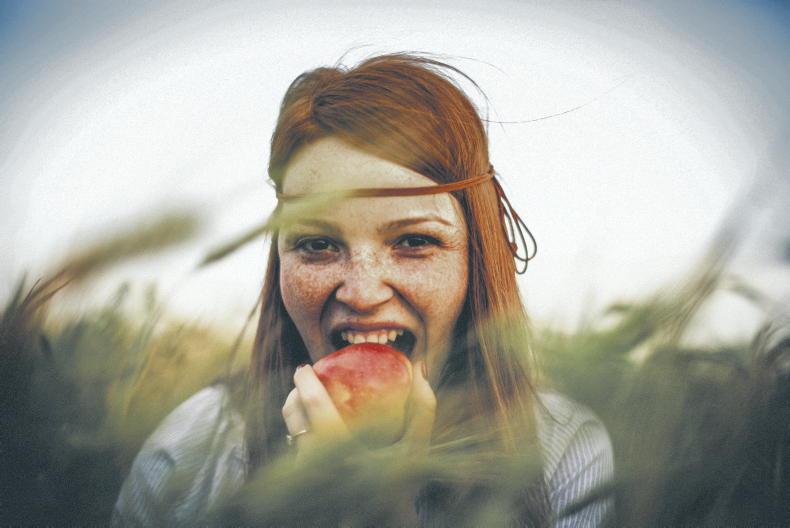
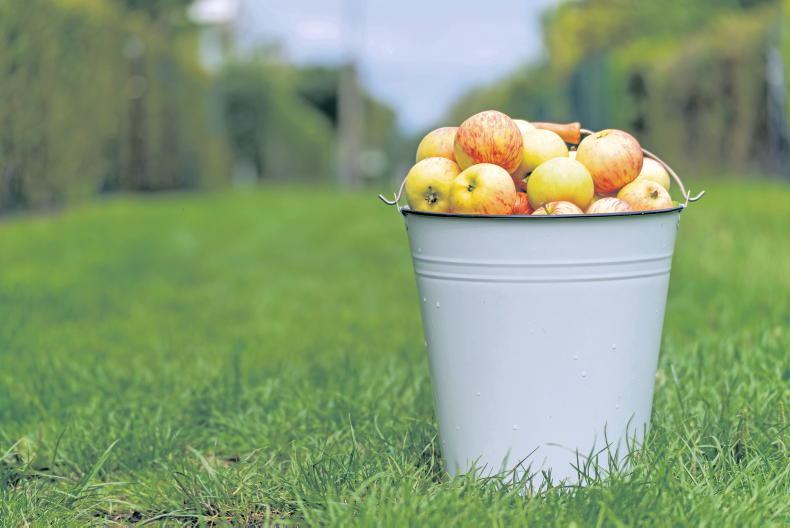
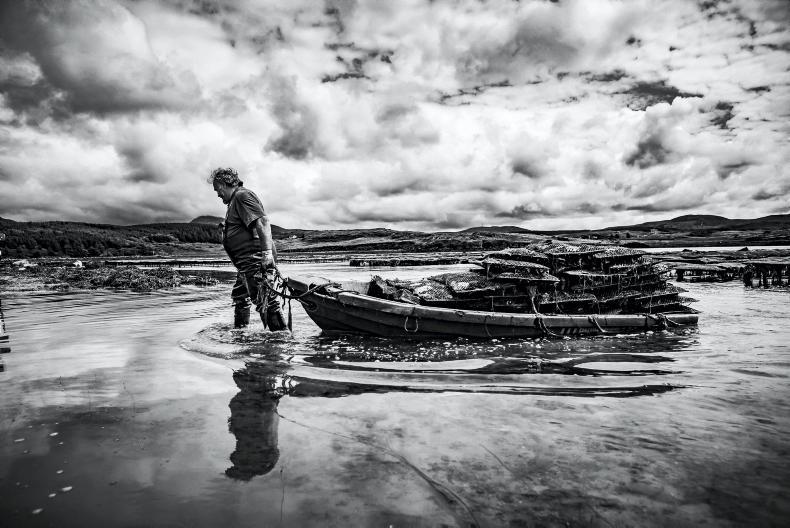
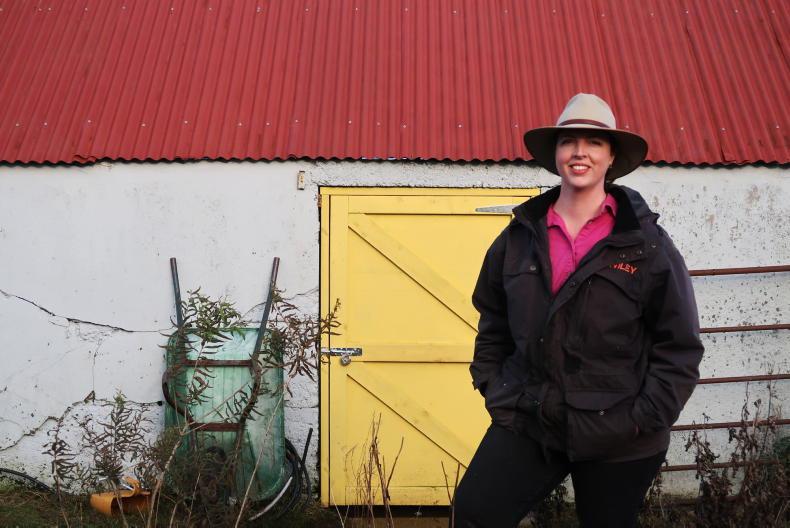
SHARING OPTIONS